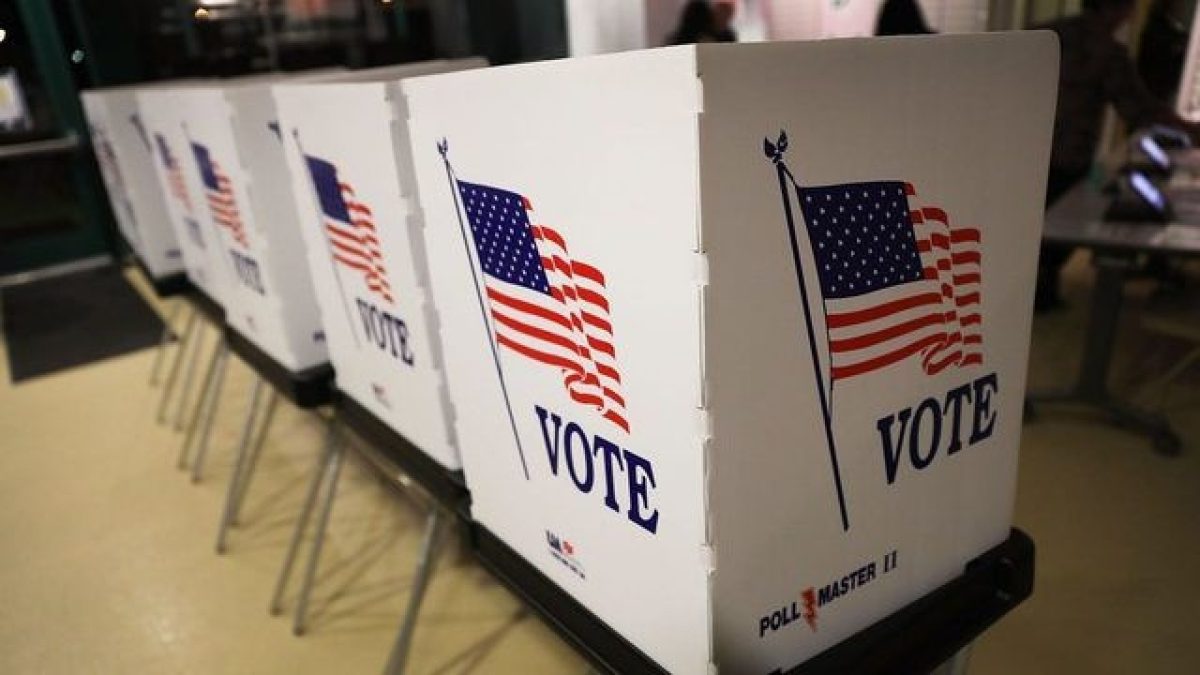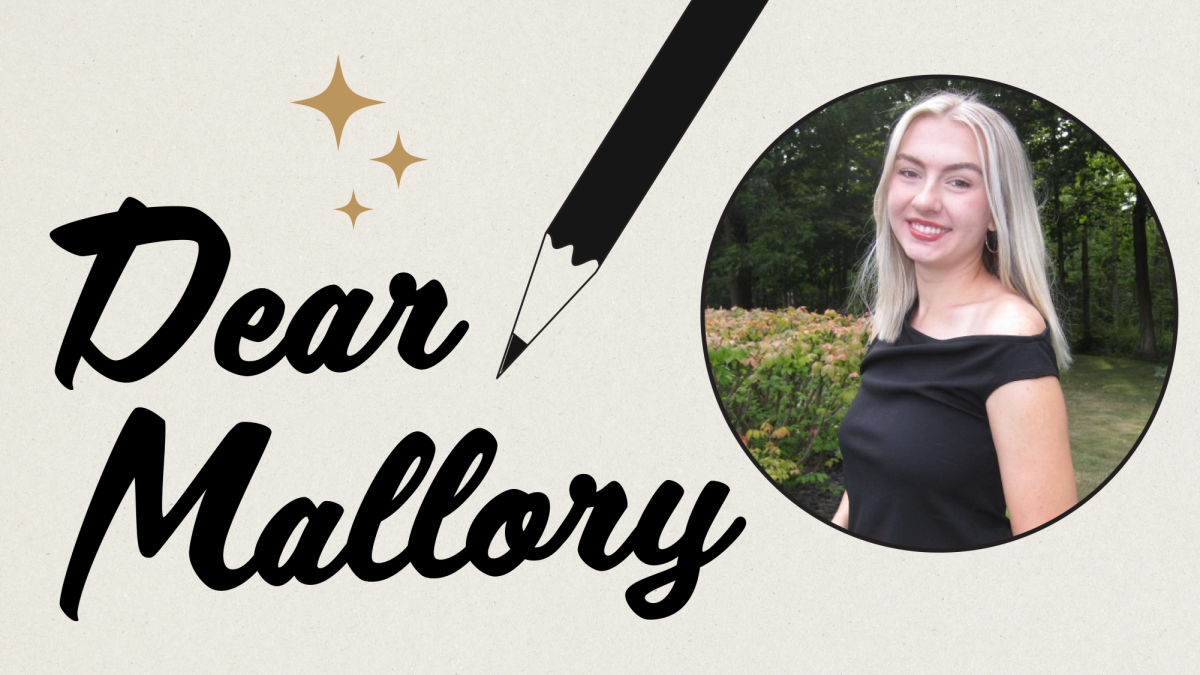On Oct. 6, Oakland University hosted the 2023 Michigan Student Voting Summit, a nonpartisan event designed by the Department of State in partnership with Campus Vote Project. The event aimed to promote civic engagement and learning, especially among young voters.
The event brought together students, educators, elected officials and advocates from across Michigan for a day-long conference full of idea-sharing, coalition building and networking.
Alimatou Sarr, an undergraduate student at the University of Michigan-Flint, decided to attend the event to gain updated voter registration information. Sarr is President of U-M Flint’s Turn Up Turnout, an organization dedicated to encouraging college students to exercise their right to vote.
“Turn Up Turnout focuses on informing students on the U of M campuses about voter registration and civic engagement,” Sarr said. “We host ‘Dinners for Democracy’ throughout the semester, where we invite students to lead discussions on current affairs.”
David Dulio, the director of the Center for Civic Engagement at OU, began the summit by providing welcoming remarks to the attendees. Dulio emphasized the importance of having productive, civil conversations.
“The dominant force in our democracy is civility,” Dulio said. “Our discussions should remain civil, and we should strive to promote civic literacy.”
Landon Myers, the Michigan coordinator of Campus Vote Project, took the stage after Dulio to thank the sponsors of the summit, which included the League of Women Voters, All Voting is Local, Promote the Vote and the Michigan League of Conservation Voters.
The first presentation of the summit was a Michigan election law overview delivered by Aghogho Edevbie, Deputy Secretary of State, and Melanie Macey, Policy Counsel for Promote the Vote.
Macey informed attendees about recent Michigan election law changes, highlighting the improvements the state has made in increasing voting accessibility for citizens.
“Recent changes to Michigan election law add up to better access for voting for everyone,” Macey said. “In Michigan, you can register to vote until 8 p.m. on Election Day.”
Edevbie spoke about the three ways Michigan residents can vote. Citizens can vote by absentee ballot, at the polls on Election Day, or through in-person early voting.
Early voting is a required voting method for all polling locations by the 2024 Presidential primary election; however, only limited “test locations” will offer early voting for the 2023 Election Day.
The delay in implementation for in-person early voting may mean long lines for Election Day this fall. Edevbie implores all Michigan voters to persist.
“If you vote in person at a polling station on Election Day, please persist through the long lines,” Edevbie said. “Our democracy is stronger if you do. Every vote counts.”
Edevbie then spoke about the Michigan Voting Rights Act, which expands upon the federal Voting Rights Act. The act is intended to strengthen election protections for Michigan voters.
“I believe that we [Michigan] have the strongest voting system in the country. Our system is strong, secure and equitable,” Edevbie said. “But in 2020, we saw terrible attacks on democracy, such as the January 4 incident. The Michigan Voting Rights Act was created to establish voting protections and to safeguard against voter suppression.”
Following the presentation on state election law, a panel discussion was held with an array of Michigan elected officials.
Michigan Secretary of State Joselyn Benson served as the moderator for the discussion. Panel members included Michigan Attorney General Dana Nessel, Senator Sarah Anthony, Senator Jeremy Moss and Macomb County Clerk Anthony Forlini.
“Michigan has led the nation in youth voter turnout,” Benson said. “This is great, but we need to do more to engage young folks and continue on this trajectory.”
Benson asked Senator Anthony why she believed young Michigan voters turned out to vote in the last election cycle. Senator Anthony believes emotions play a large role in inspiring youth voter participation.
“Young people were, and still are, fired up and angry. Last election cycle, youth voters were angry that their [reproductive, safety, environmental, etc.] rights were at risk,” Anthony said. “The large amount of young people who waited in long voting lines last election was something I had never seen before. Their dedication to making their voices heard inspired me and others across the country.”
Benson then asked Attorney General Nessel about her efforts to keep voters and poll workers safe during election season.
“We want voters and poll workers to feel safe and confident in the voting process. I issue guidance to law enforcement prior to every election to make sure everyone is on the same page,” Nessel said. “My goal is to make sure the election process runs as safely and smoothly as possible.”
Following the morning presentations and discussions, summit attendees were provided time to visit with advocacy organizations at the summit partners fair.
One group tabling at the fair was the League of Women Voters, a nonpartisan, grassroots organization dedicated to protecting and expanding voting rights.
“We are committed to engaging young people in the voting process,” Paula Bowman, the president of the State League of Michigan, said. “We provide young persons with Vote 411, which is a nonpartisan guide with numerous voting resources.”
Following the summit partners fair, breakout educational sessions were offered to attendees in the afternoon. The programming consisted of both high school and college tracks.
Speakers in the first round of breakout sessions provided students with information on action planning and engagement programs. The second round of breakout sessions focused on student government programs and poll worker recruitment.
Ethan Lehman-Pace, an OU student and a Campus Vote Project Democracy Fellow, was pleased with the turnout. Lehman-Pace hopes each attendee gained valuable knowledge at the summit.
“A lot of people see voting as just a ‘once in four years’ thing,” Lehman-Pace said. “This event is intended to educate attendees about how important it is to vote in every election, especially local elections. The summit provided the tools to assist local leaders in spreading the message of civic engagement to their community as well.”




